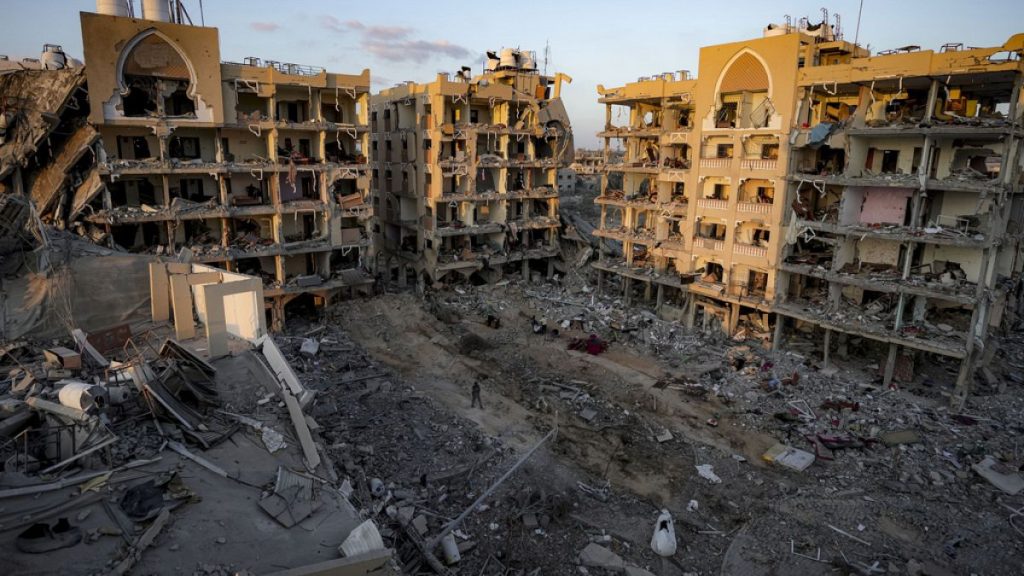The UN Under-Secretary-General for Peace Operations, Jean-Pierre Lacroix, has warned of the serious risk of all-out war in the Middle East due to the crossfire between Israel and Lebanon. Lacroix is particularly concerned about Hezbollah’s attacks on Israel along the UN demarcated “Blue Line” in southern Lebanon and Israel’s airstrikes on Hezbollah weapons sites and militants. He emphasizes the need for de-escalation to prevent further escalation of violence in the region, stating that the situation in Gaza and other conflicts in the Middle East are interconnected.
Recent events, including Israel’s invasion of the Gaza Strip following an attack by Hamas, have led to increased violence and tensions in the region. The involvement of Iranian-backed militias in Yemen, Iraq, and Syria has further contributed to the risk of regional escalation. Lacroix highlights the importance of peace talks in Gaza to address these issues and prevent further violence. The killing of Iranian officials in Syria by Israeli air strikes and Iran’s subsequent attack on Israeli territory have added to the complexity of the situation, raising concerns about potential retaliation and further escalation.
The possibility of creating a future peacekeeping mission in Gaza has been discussed by some members of the UN Security Council. However, Lacroix believes it is premature to consider such a mission without the agreement of all parties directly and indirectly involved in the conflict. He stresses the importance of any third-party presence, including UN peacekeeping missions, being accepted by local communities and parties affected by the conflict. While Israel has agreed to pauses in fighting for a polio vaccination campaign for children in Gaza, negotiations for a long-term ceasefire agreement remain deadlocked.
Lacroix emphasizes the need for a total cessation of hostilities to reduce the risk of the conflict spreading in the region. He calls on the European Union to continue applying diplomatic pressure to promote peace in the Middle East. Lacroix notes that the EU and its member states play a significant role in peacekeeping operations in the region and stresses the importance of political support in addition to sending soldiers. He highlights the non-military objectives of peace missions and the positive impact they can have on local communities when accepted by all parties involved.
In conclusion, the ongoing tensions and violence between Israel and Lebanon, as well as other conflicts in the Middle East, pose a serious risk of all-out war in the region. The involvement of various actors, including Hezbollah, Iranian-backed militias, and Israel, has created a complex and volatile situation. The importance of de-escalation, peace talks, and diplomatic efforts to prevent further violence and prevent the conflict from spreading is crucial. International cooperation, particularly from the UN, the EU, and other powers, is essential in addressing the root causes of the conflict and promoting sustainable peace in the Middle East.


